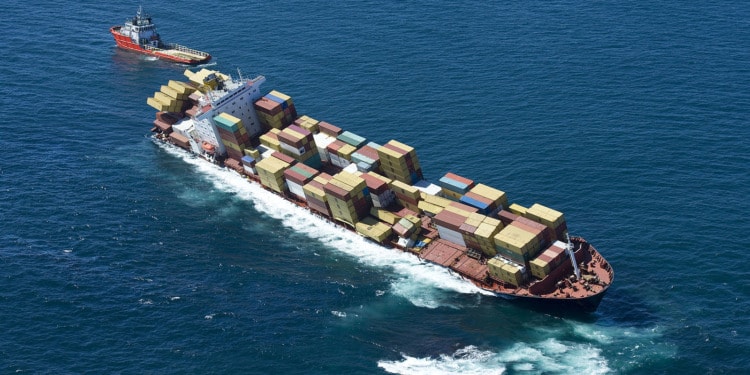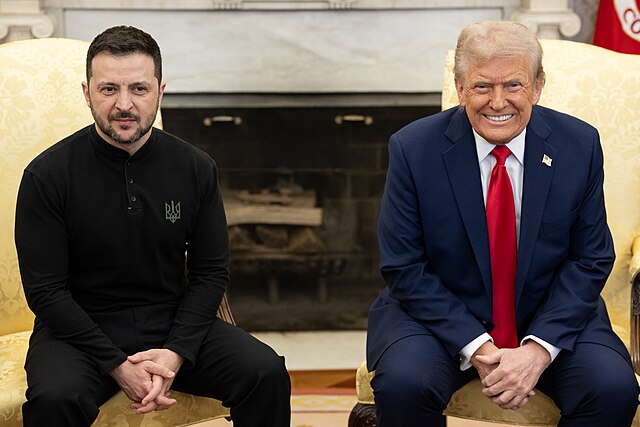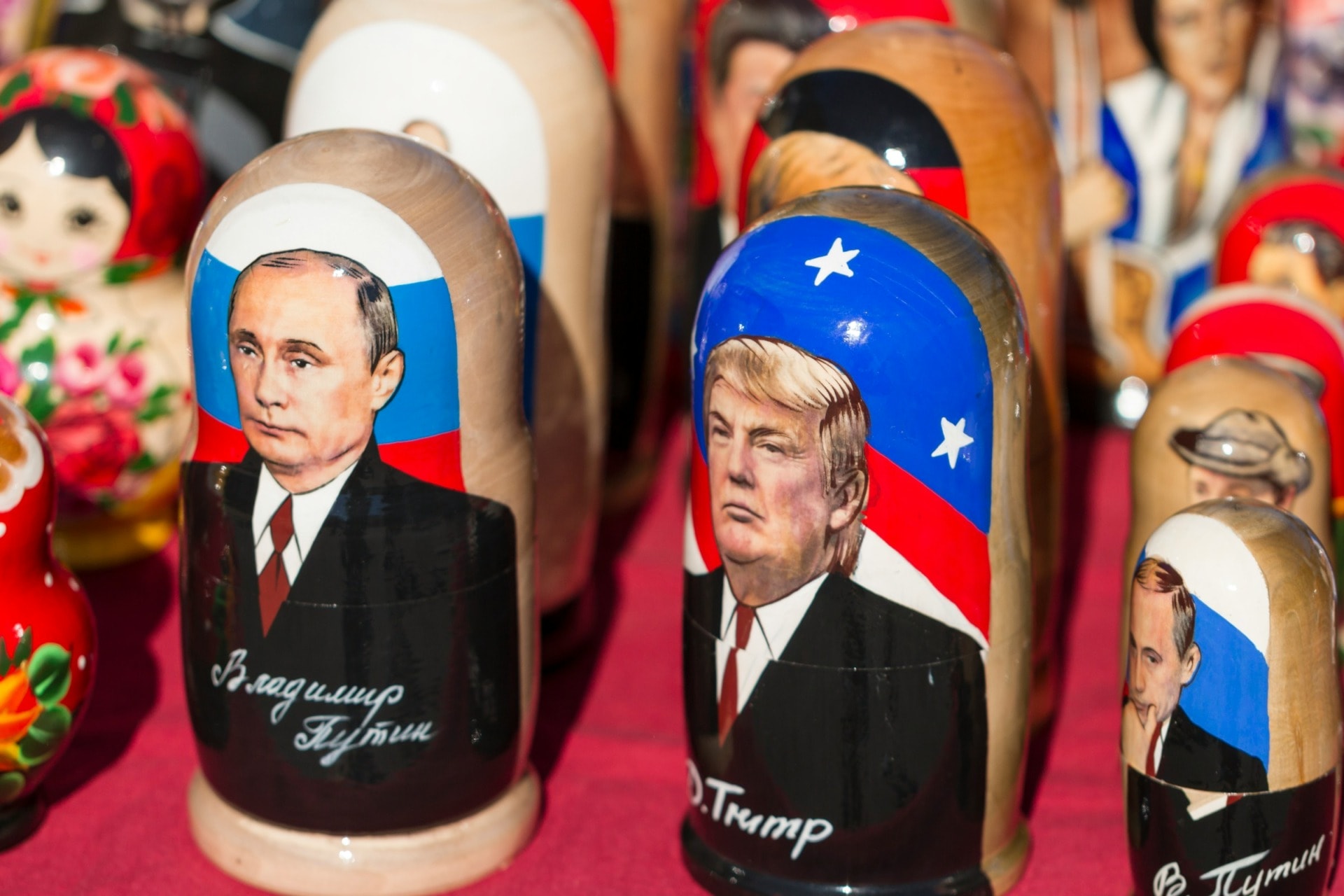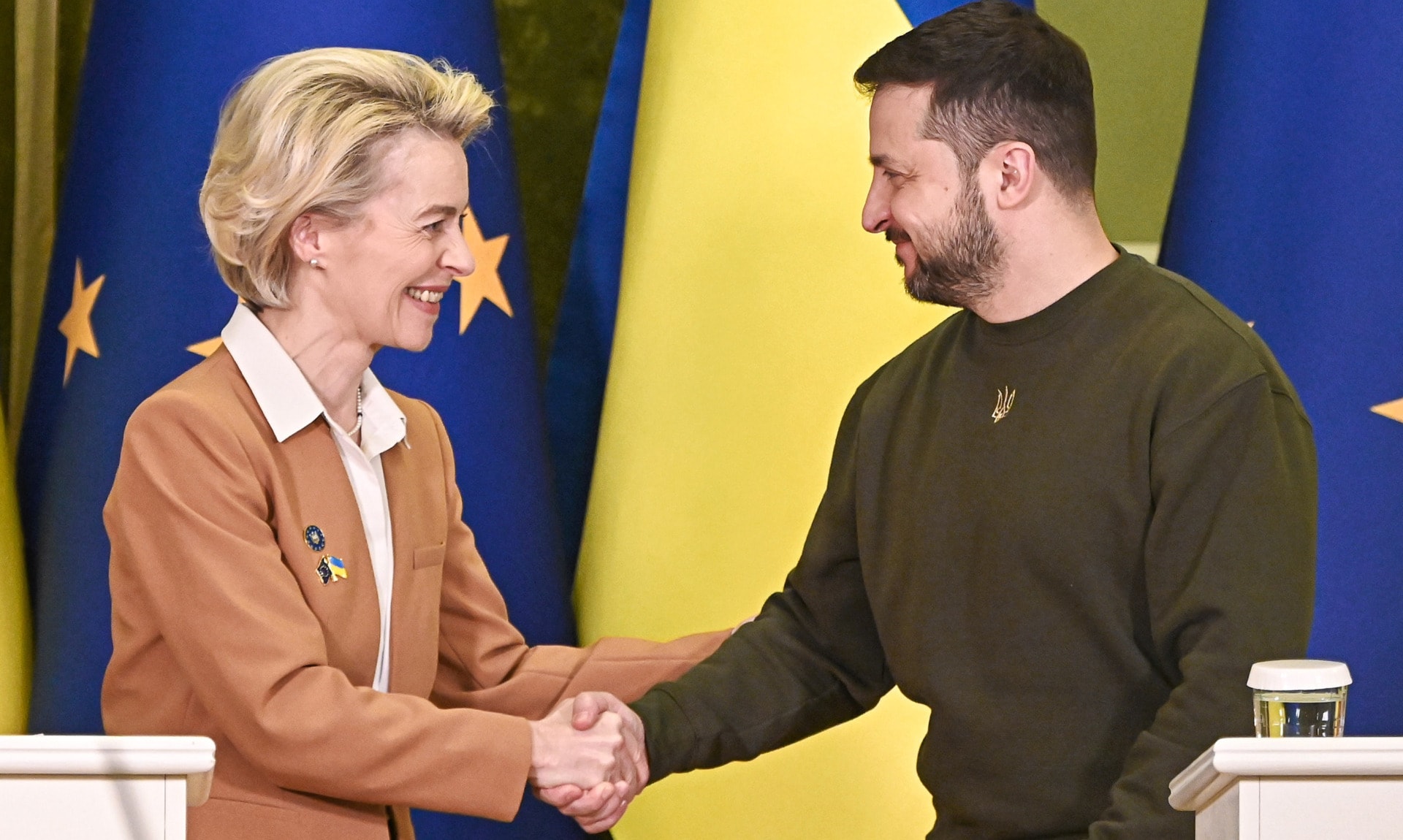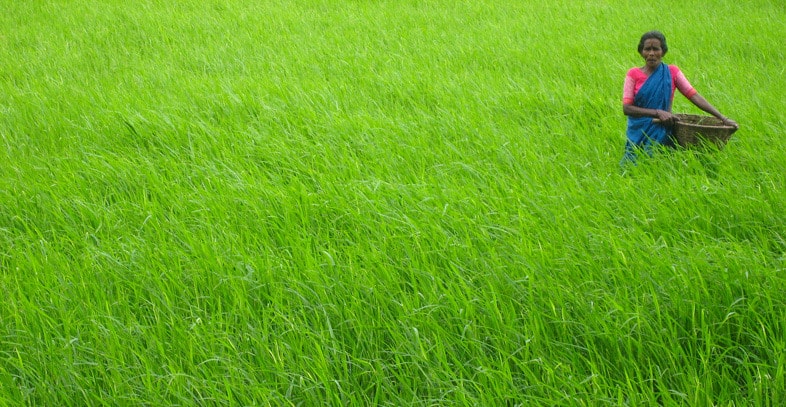The long-negotiated Black Sea grain deal, signed in July after Russia’s five-month blockade of Ukraine’s ports, was suspended by Russia on Saturday.
Moscow said it was compelled to abandon it, alleging Kyiv was responsible for the drone attack that damaged Russian naval ships in the Crimean port of Sevastopol, also on Saturday.
Russia had since also warned against continuing grain exports without its approval. Kremlin spokesperson Dmitry Peskov stated:
“In conditions when Russia is talking about the impossibility of guaranteeing the safety of shipping in these areas, such a deal is hardly feasible, and it takes on a different character – much more risky, dangerous and unguaranteed.”
Yet Ukraine was not cowed into submission. Two days later, on Monday morning, 12 ships carrying 354,500 tonnes of grain were reported (by Ukraine) to have left Ukrainian ports.
“Today 12 ships left Ukrainian ports,” Oleksandr Kubrakov, Ukraine’s infrastructure minister, wrote this morning. “The Russian delegation has been informed.”
The fact that this was done without Russia’s interference (nor approval), suggests, as Reuters points out, that “Moscow had stopped short of reimposing a blockade that might have caused world hunger.” Moreover, the amount of grain exported today is reportedly the largest in a single day since the deal was agreed upon, potentially indicating that a backlog created from halted exports on Sunday was now being cleared.
On Monday evening, Ukrainian media reported that Russia had attacked a ship transporting grains near Ochakiv:
Russians fired at civilian tugboats transporting a barge with grain near Ochakiv, the Operational Command “South” reported. Two crew members were killed, and one with injuries was rescued. The fate of another one is not yet known.
— Hromadske Int. (@Hromadske) October 31, 2022
At the time of writing, it is not yet clear whether the area around Ochakiv was part of the deal or not. Foreign Policy journalist Samuel Ramani stressed on Monday evening that “Russia’s military actions have not yet been in express breach of the Black Sea grain export deal’s terms even if they violate it in spirit.”
It also remains unclear if grain deliveries would be stopped again after this attack, or if insurers would permit other ships to set sail.
What is the Black Sea grain deal and how does it work?
Signed on July 22 in Turkey, the Black Sea Grain Initiative has allowed for the safe export of Ukrainian grain and other agricultural products (critical for global food security), which due to Russia’s five-month-long blockade of Ukraine’s Black Sea ports could not leave the country and reach global markets.
Since the deal was signed, exports of corn, wheat, sunflower products, barley, rapeseed, and soy have totalled more than 9.5 million tonnes. In accordance with the agreement, the movement of ships was decided upon and monitored by a Joint Coordination Centre (JCC), made up of UN, Turkish, Russian, and Ukrainian officials.
Ukrainian pilots would steer ships over the minefields around Ukrainian ports before being granted safe passage by the Russian Navy to Turkey, where the ships would be inspected by teams of officials from all sides before being transferred to delivery ports.
Grain-loaded ships were piloted out of the ports of Odesa, Yuzhne, and Chornomorsk by Ukrainian captains.
After delivering their cargo to various locations across the world, the ships would undergo another inspection before sailing back to Ukraine.
The deal would have lasted until November 19, when it was supposed to be renewed had Russia not announced its suspension on Saturday, October 29.
Russia pulls out but the exports continue
When Russia announced it was abandoning the deal on Saturday, its Defence Ministry blamed Kyiv for the explosions that damaged Russia’s Black Sea Fleet ships in Crimea earlier in the day, saying the attacks forced Russia to pull out of the deal.
In a statement on Saturday, Russia’s Foreign Ministry said the suspension would last “an indefinite period,” adding that Russia was ready to sell its own grain instead.
“The Russian side cannot guarantee the safety of civilian dry cargo ships,” the ministry wrote.
Ukraine, however, has not claimed responsibility for the attack, with its diplomacy chief Dmytro Kuleba claiming that Russia was already planning to “ruin” the deal and that it was now using the Crimea attacks as a “false pretext to block the grain corridor.”
“We have warned of Russia’s plans to ruin the Black Sea Grain Initiative,” he wrote on Twitter. “Now Moscow uses a false pretext to block the grain corridor which ensures food security for millions of people.”
Whatever the pretext, Russia has suspended the deal, and Ukraine has continued grain exports (without the Kremlin’s approval).
In light of an anticipated response by Russia, UN coordinator for the Black Sea grain initiative Amir M Abdulla tweeted today that, “Civilian cargo ships can never be a military target or held hostage. The food must flow.”
It remains unclear how far Moscow will go: On the one hand, it might hesitate to risk targeting civilian ships sailing under the auspices of a UN-administered scheme; and in particular, it might not want to disrupt its African policy where it is in the process of replacing France in every francophone African country that will welcome Russians in the fight against Jihadists.
On the other hand, Russia is at present losing ground in the war and any means available to attack Ukraine will be used – including sinking ships carrying grains to Africa. As there is no way Russia can control exactly where that grain goes – so, in that optic of retaliation against Ukraine, all ships are good targets.
This raises the question as to whether Russia might increase its attacks on Odesa and finally move to invade Ukraine’s most important port, a strategic city for grain exports but also for every other kind of manufacture Ukraine ships out to the rest of the world.
Only time will tell. But this attack unquestionably raises once again the spectre of hunger over the world, in particular in emerging economies, especially in Africa that depend on food imports.
“It is vital that all parties refrain from any action that would imperil the Black Sea Grain Initiative which is a critical humanitarian effort,” Stéphane Dujarric, UN Secretary-General António Guterres’ spokesman, said on Saturday.
For now, Russia is unclear whether the Kremlin would risk targeting civilian ships sailing under the auspices of a UN-administered scheme.
While Russia confirmed the communication with the UN and Turkey, it didn’t reveal its demands for resuming the deal.
Editor’s Note: The opinions expressed here by the authors are their own, not those of Impakter.com — In the Featured Photo: Cargo ship. Featured Photo Credit: Wikimedia Commons.


